News
Filter
-

Dr Sam Barrell CBE appointed as CEO of LifeArc
Read more: Dr Sam Barrell CBE appointed as CEO of LifeArc -

LifeArc launches £40m research centres that will unlock new tests, treatments and cures for people living with rare diseases
Read more: LifeArc launches £40m research centres that will unlock new tests, treatments and cures for people living with rare diseases -
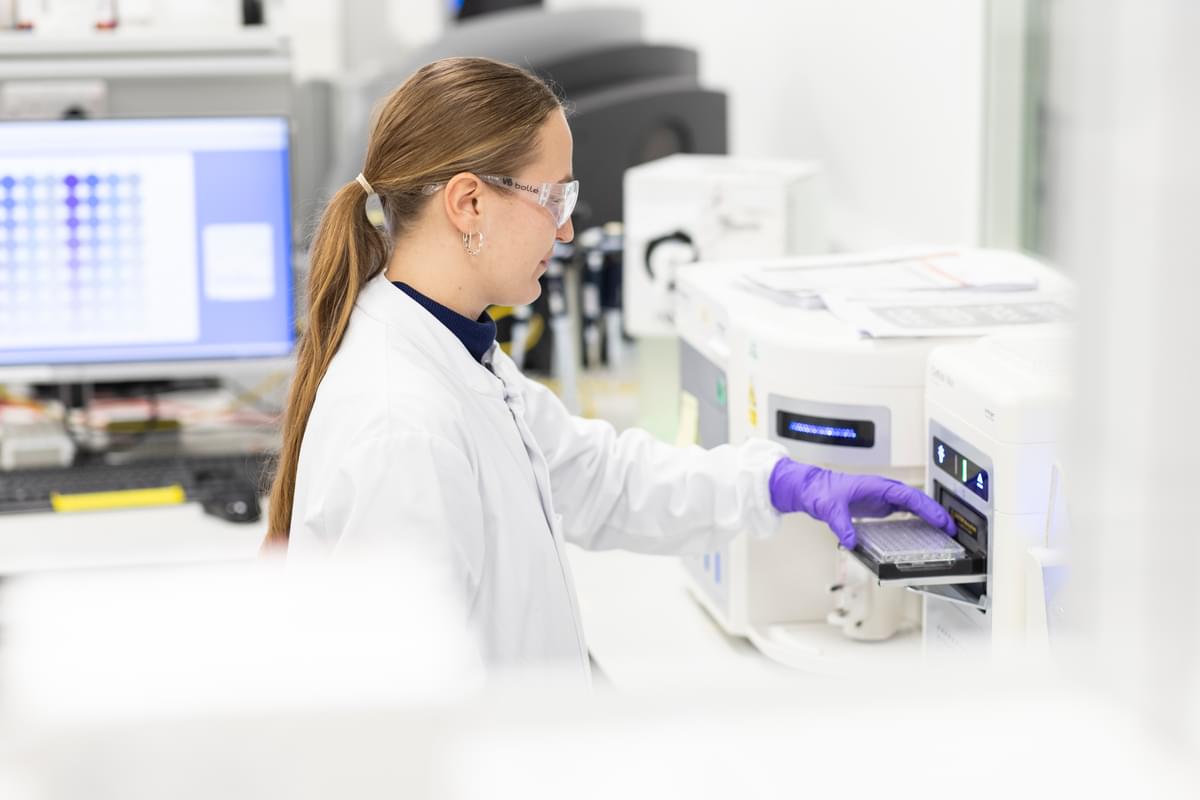
First-of-a-kind plan announced to get more children access to cutting-edge, proven gene therapy treatments for rare diseases
Read more: First-of-a-kind plan announced to get more children access to cutting-edge, proven gene therapy treatments for rare diseases -
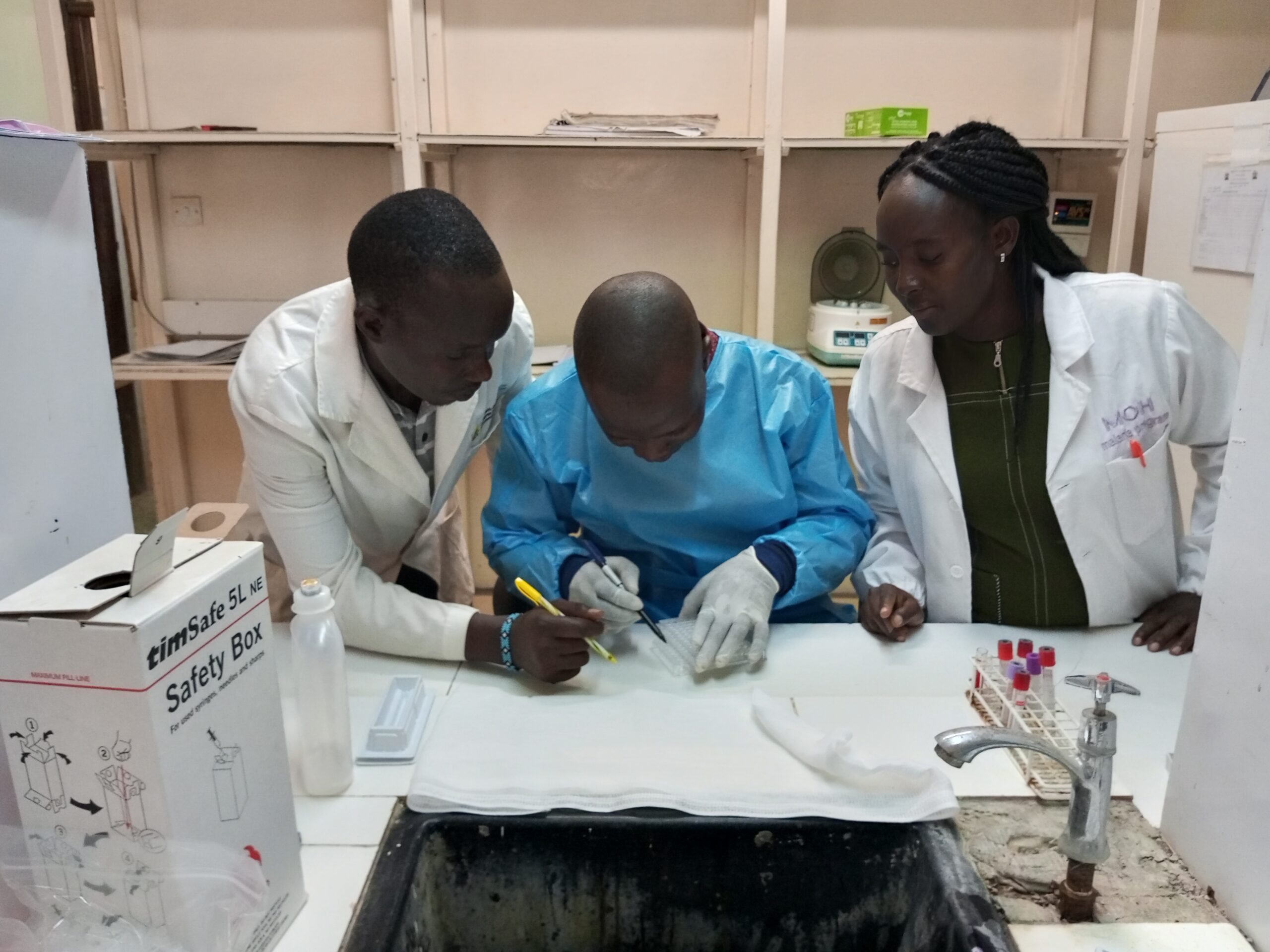
New £6.2m partnership will help to eliminate a deadly disease affecting children and vulnerable people in Kenya
Read more: New £6.2m partnership will help to eliminate a deadly disease affecting children and vulnerable people in Kenya -
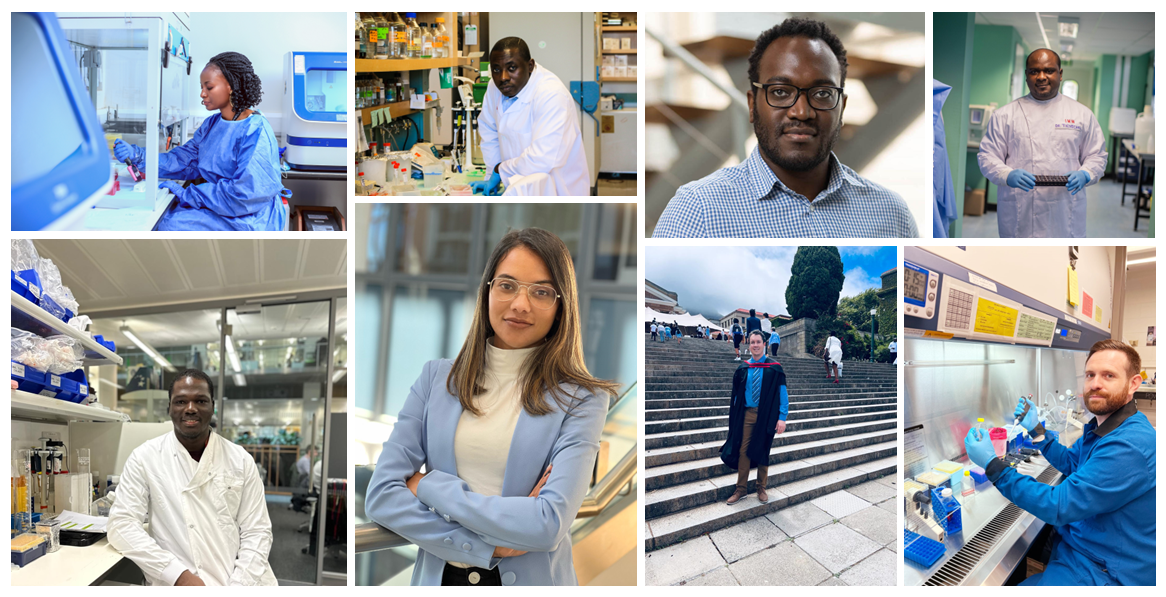
LifeArc supports 8 new fellows through Crick Africa Network (CAN) partnership
Read more: LifeArc supports 8 new fellows through Crick Africa Network (CAN) partnership -

LifeArc signs statement calling for the UK to lead the G7 on R&D investment
Read more: LifeArc signs statement calling for the UK to lead the G7 on R&D investment -
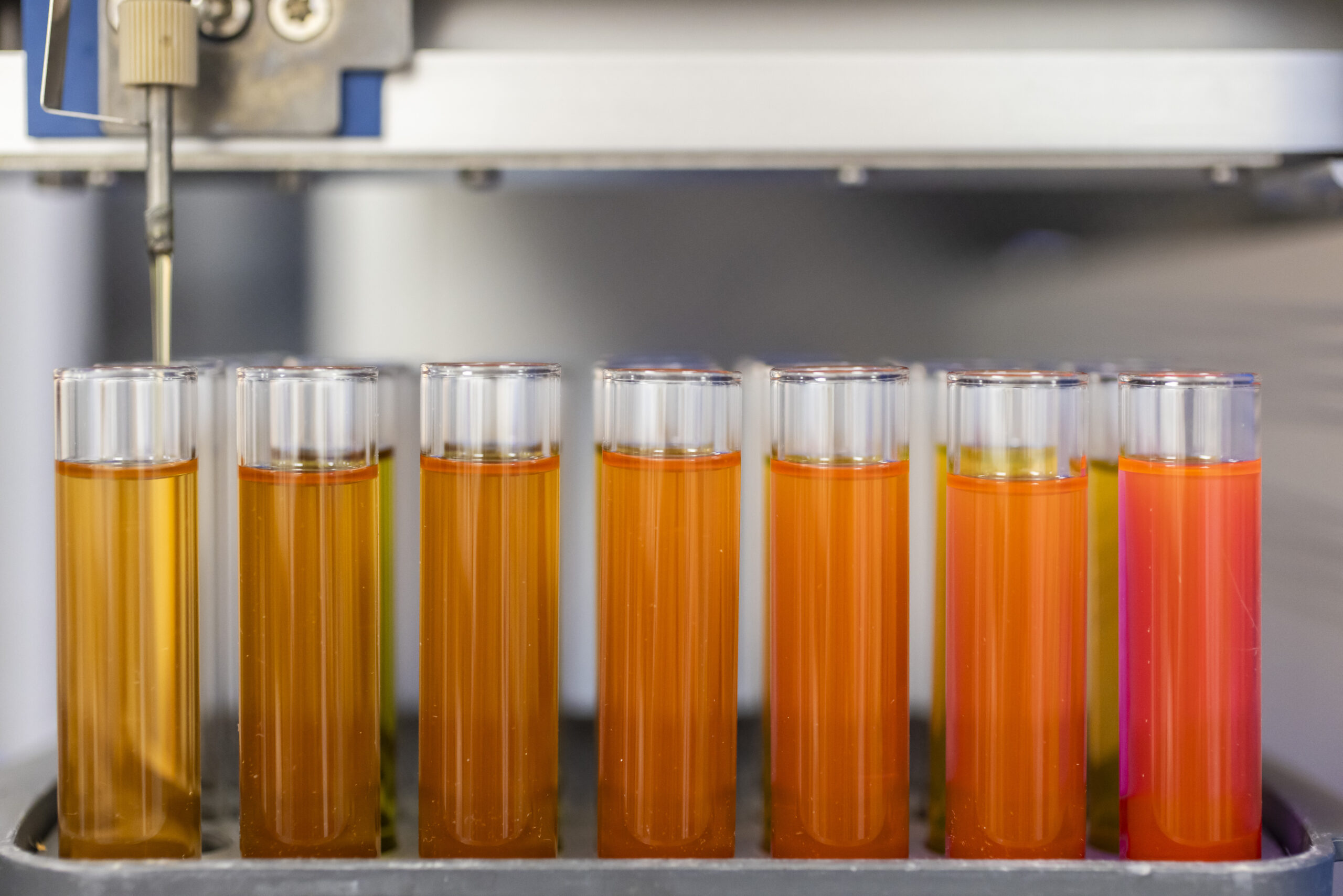
LifeArc funds pivotal clinical trial to treat an ultra-rare genetic disease with possible link to leader of the mutiny on the Bounty in 1789
Read more: LifeArc funds pivotal clinical trial to treat an ultra-rare genetic disease with possible link to leader of the mutiny on the Bounty in 1789 -
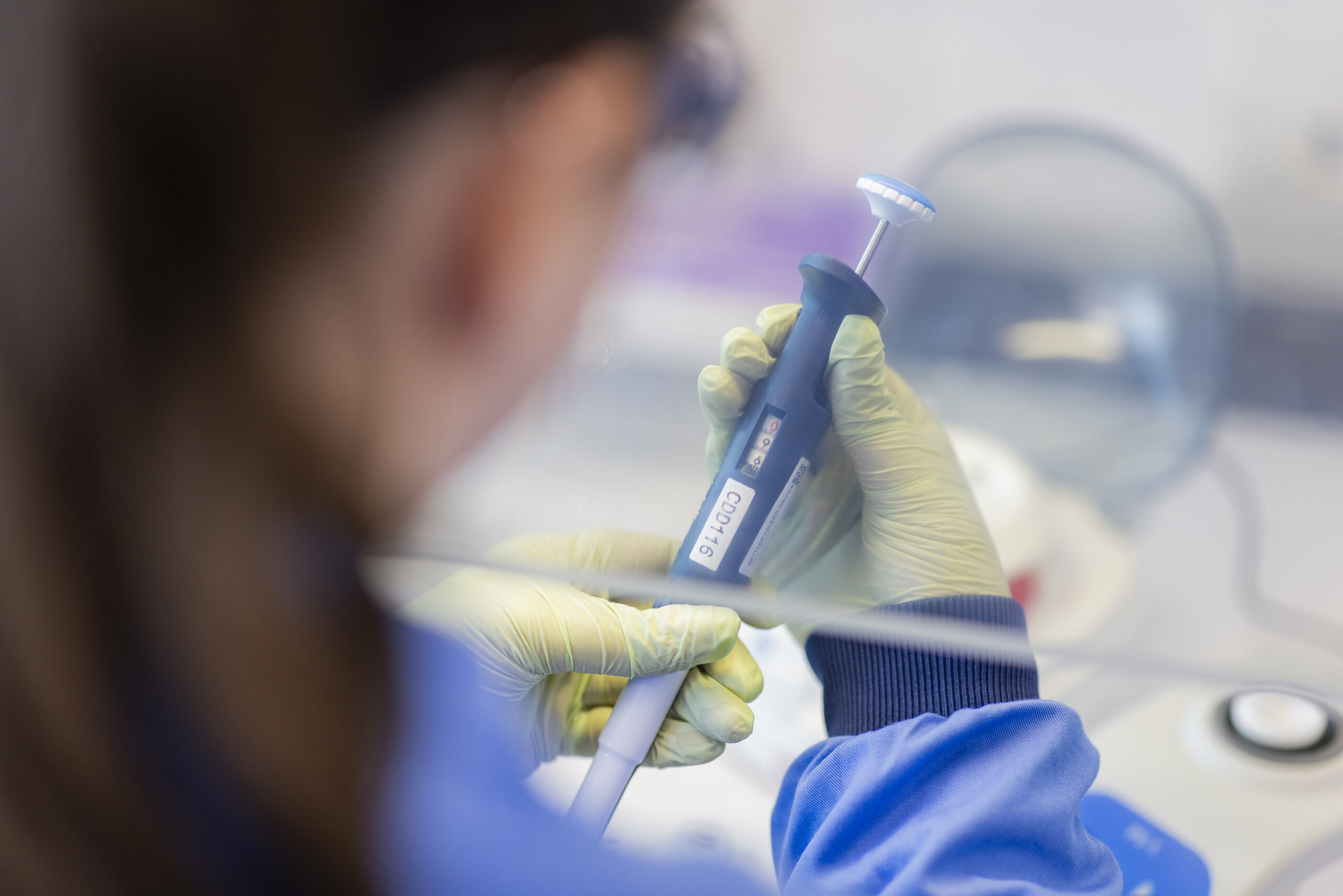
ReAct Africa and LifeArc announce launch of ASPIRE initiative to combat antimicrobial resistance in Zambia and Kenya
Read more: ReAct Africa and LifeArc announce launch of ASPIRE initiative to combat antimicrobial resistance in Zambia and Kenya -
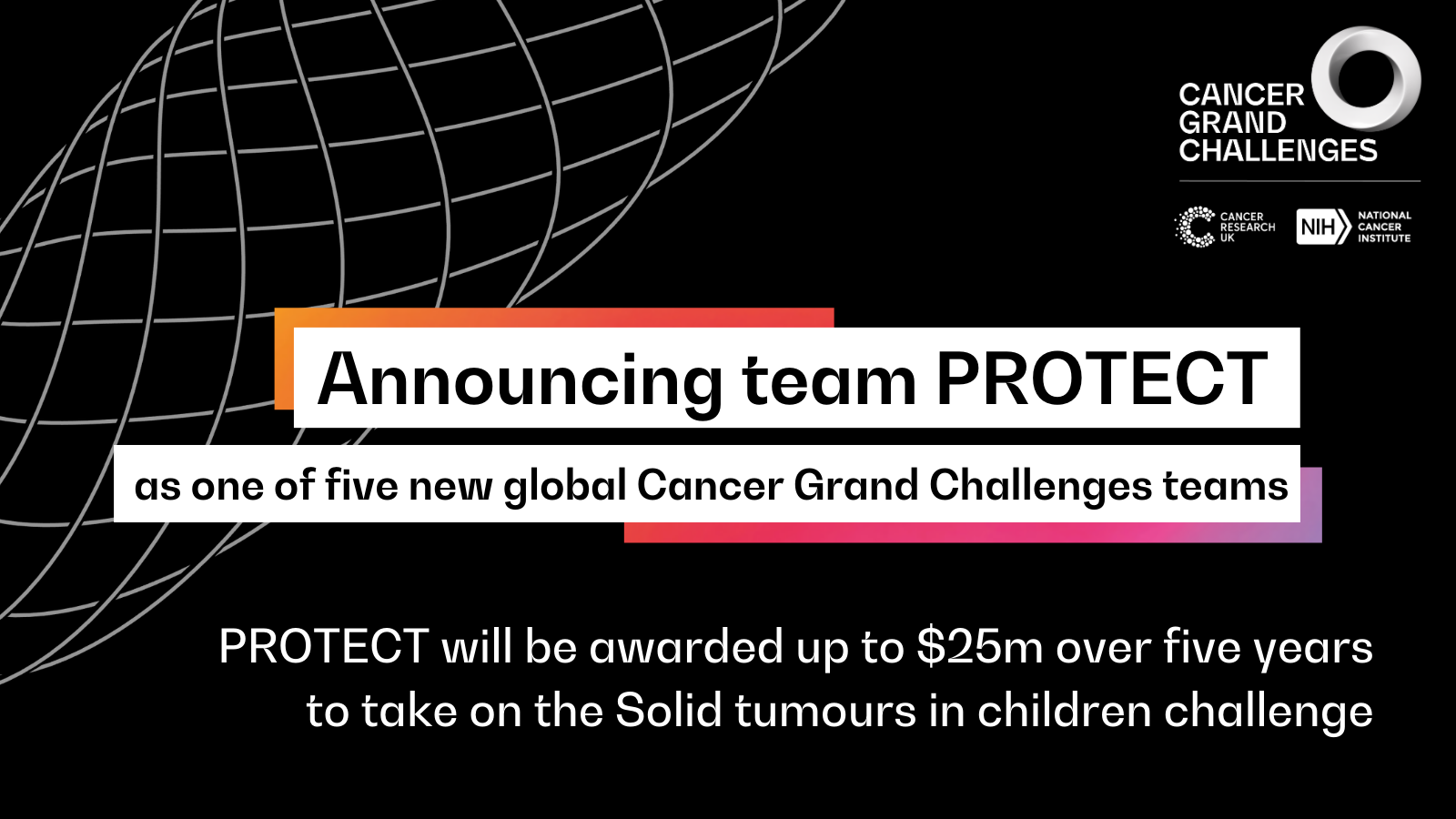
LifeArc joins £20m international project to develop novel cancer treatment for children
Read more: LifeArc joins £20m international project to develop novel cancer treatment for children -
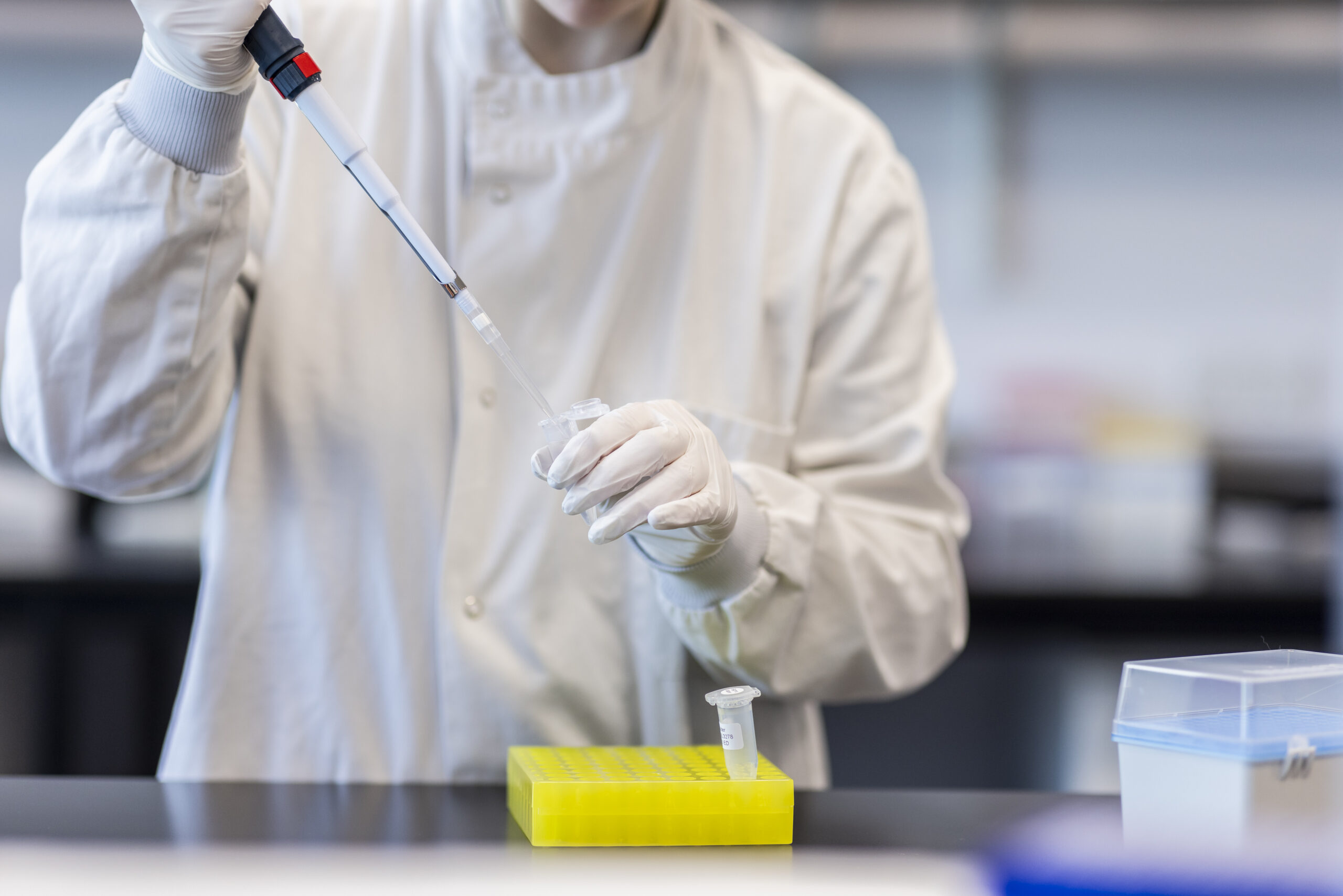
6 challenges in rare disease research and how we can overcome them
Read more: 6 challenges in rare disease research and how we can overcome them -
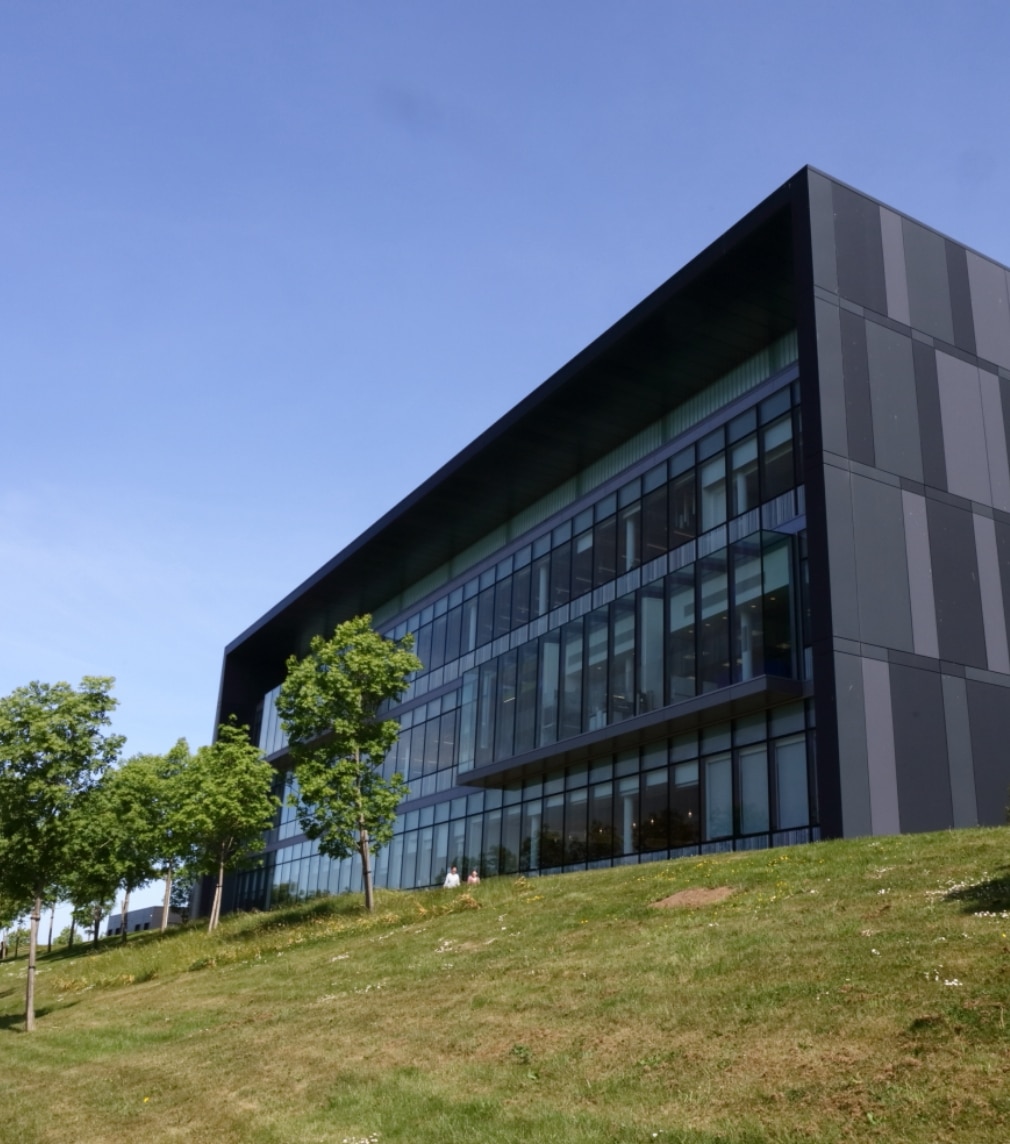
LifeArc’s Edinburgh labs featured in STV segment about innovations for people living with bronchiectasis
Read more: LifeArc’s Edinburgh labs featured in STV segment about innovations for people living with bronchiectasis -
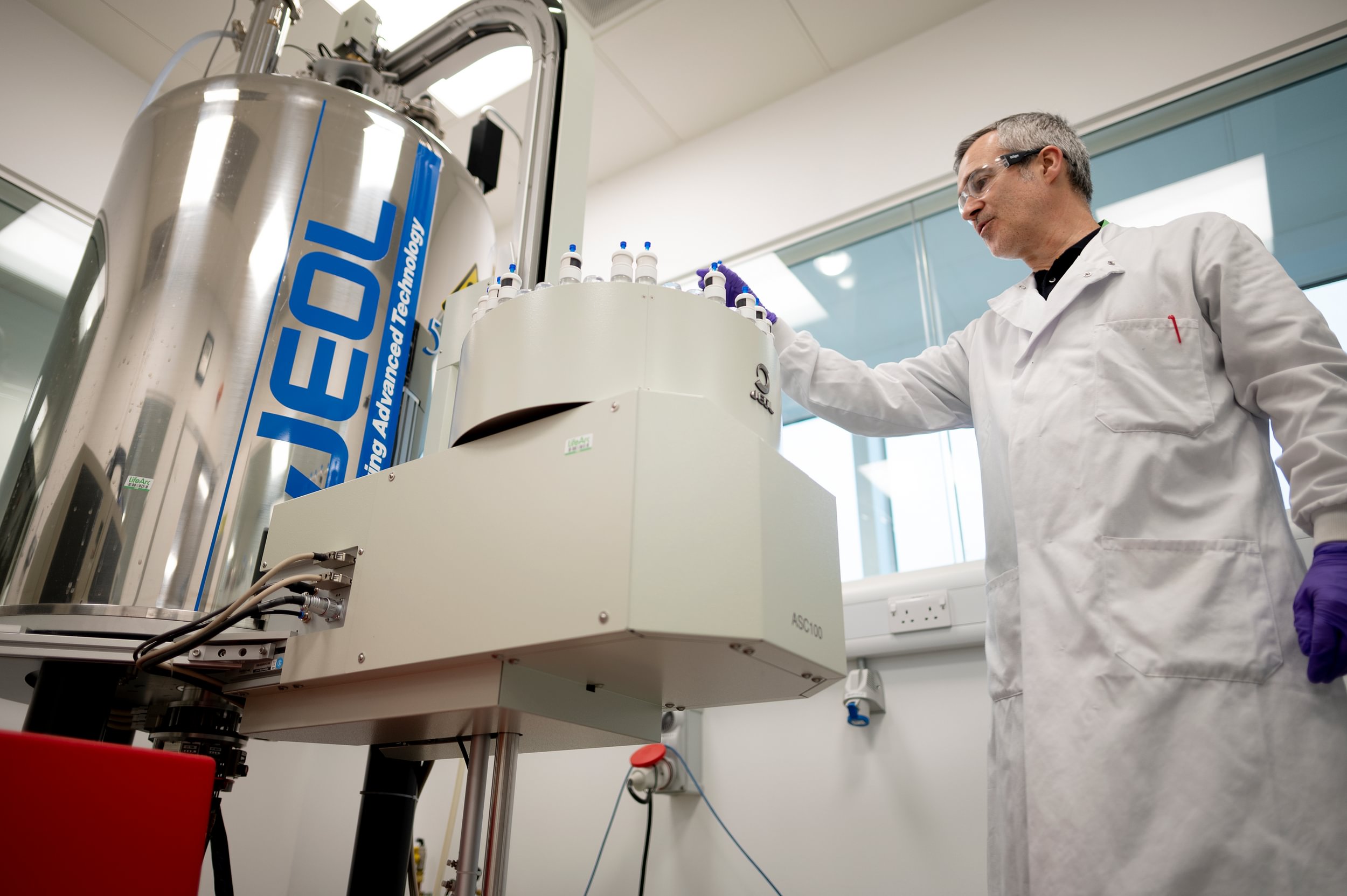
LifeArc welcomes Labour Life Sciences sector plan
Read more: LifeArc welcomes Labour Life Sciences sector plan
